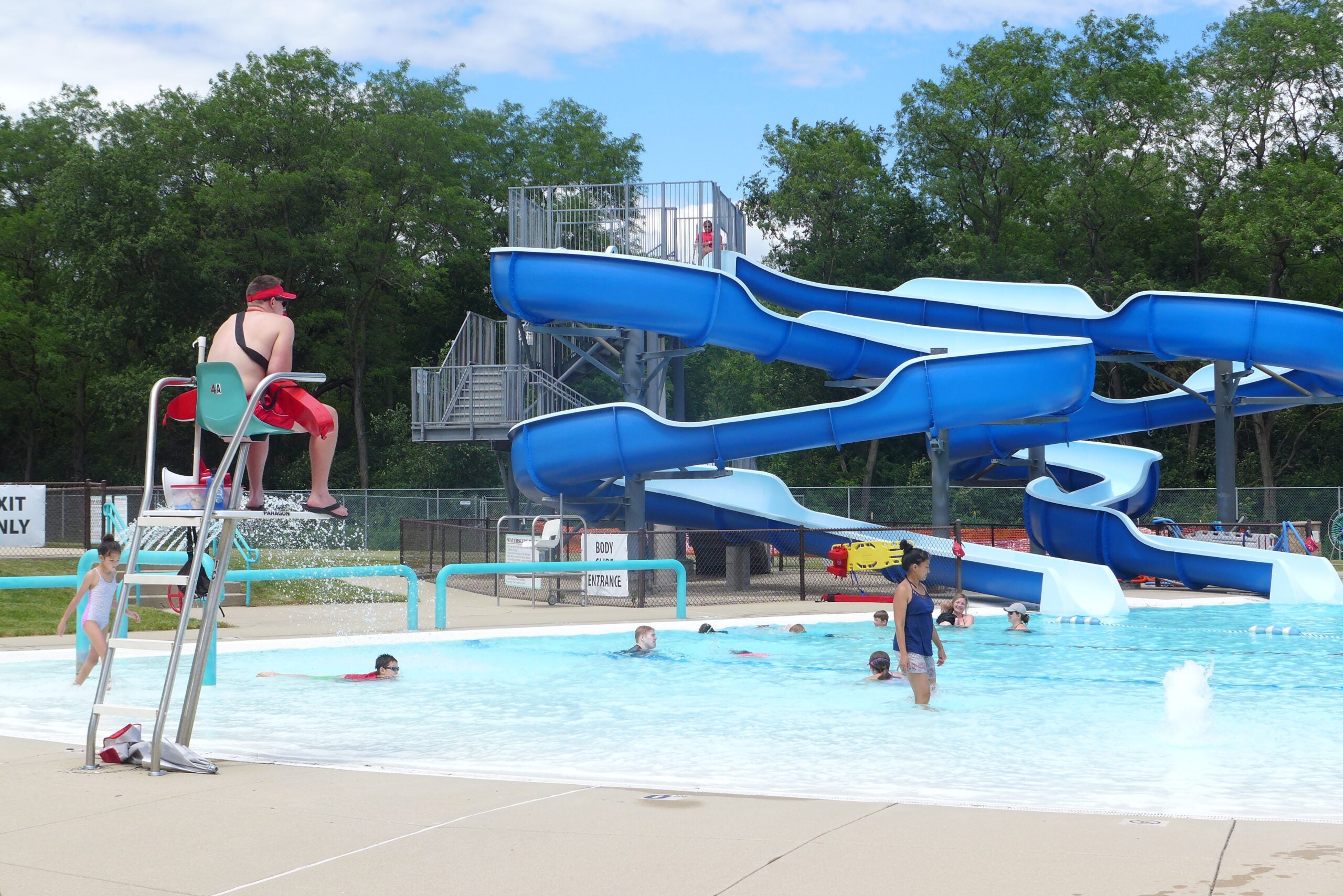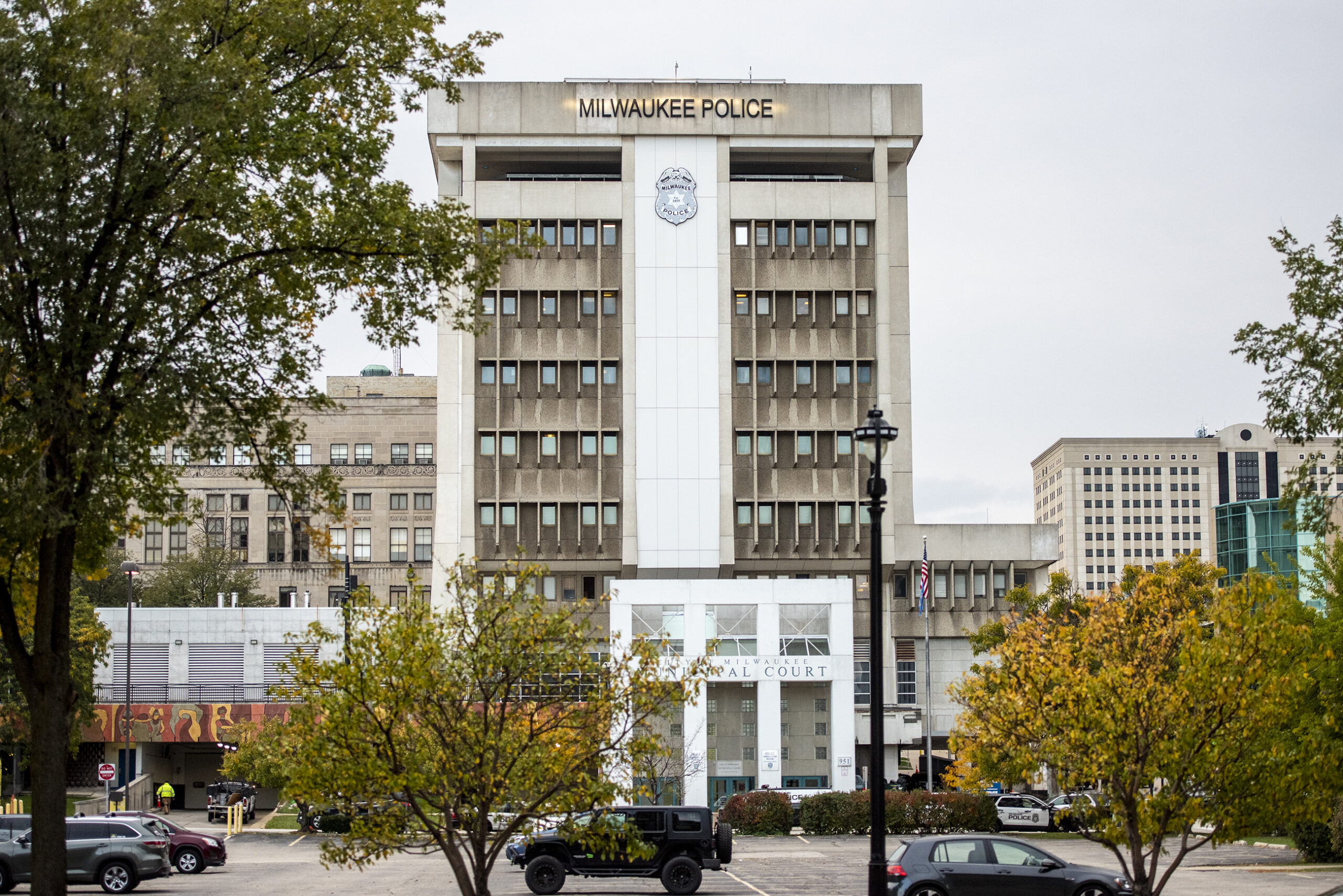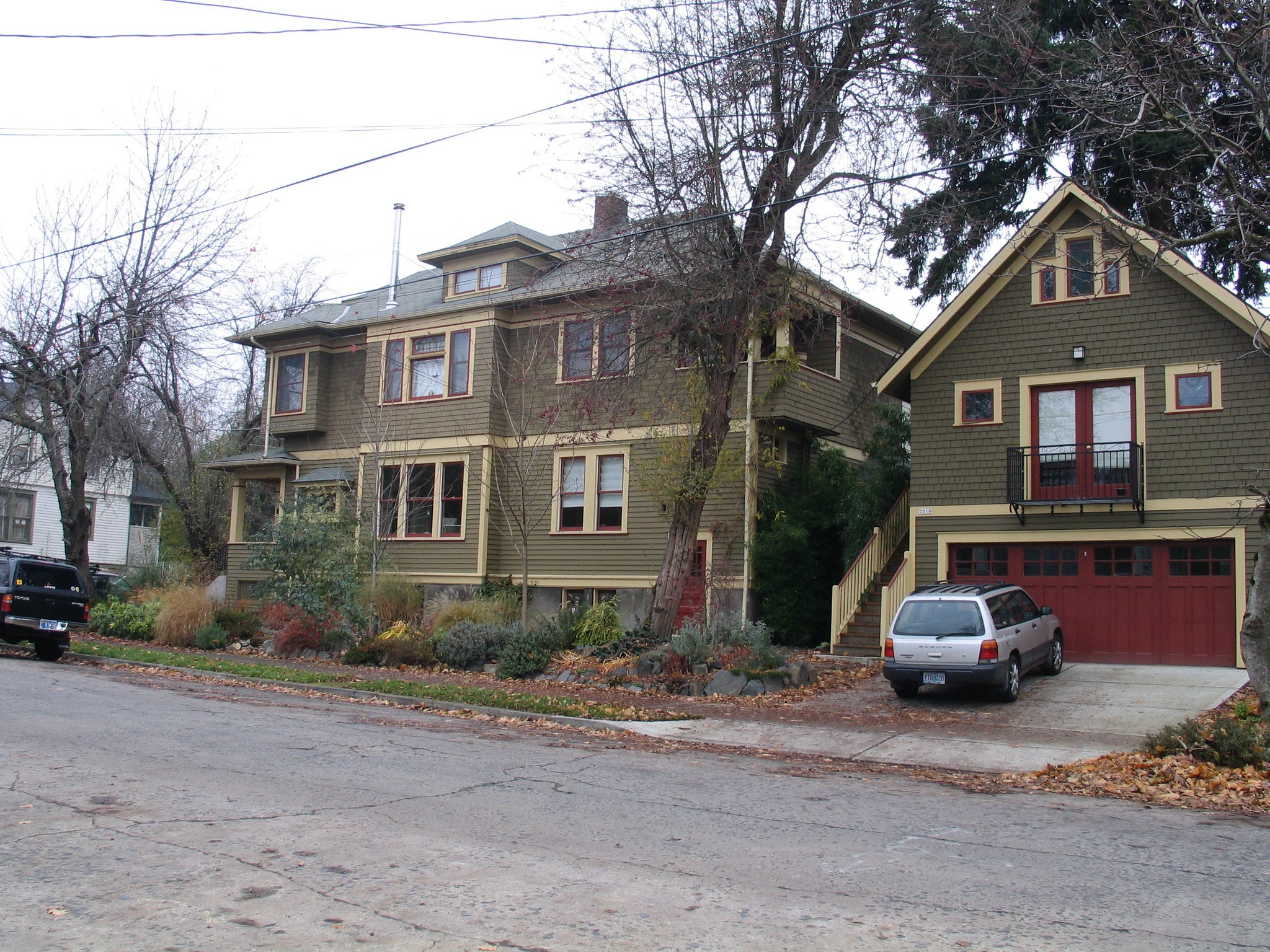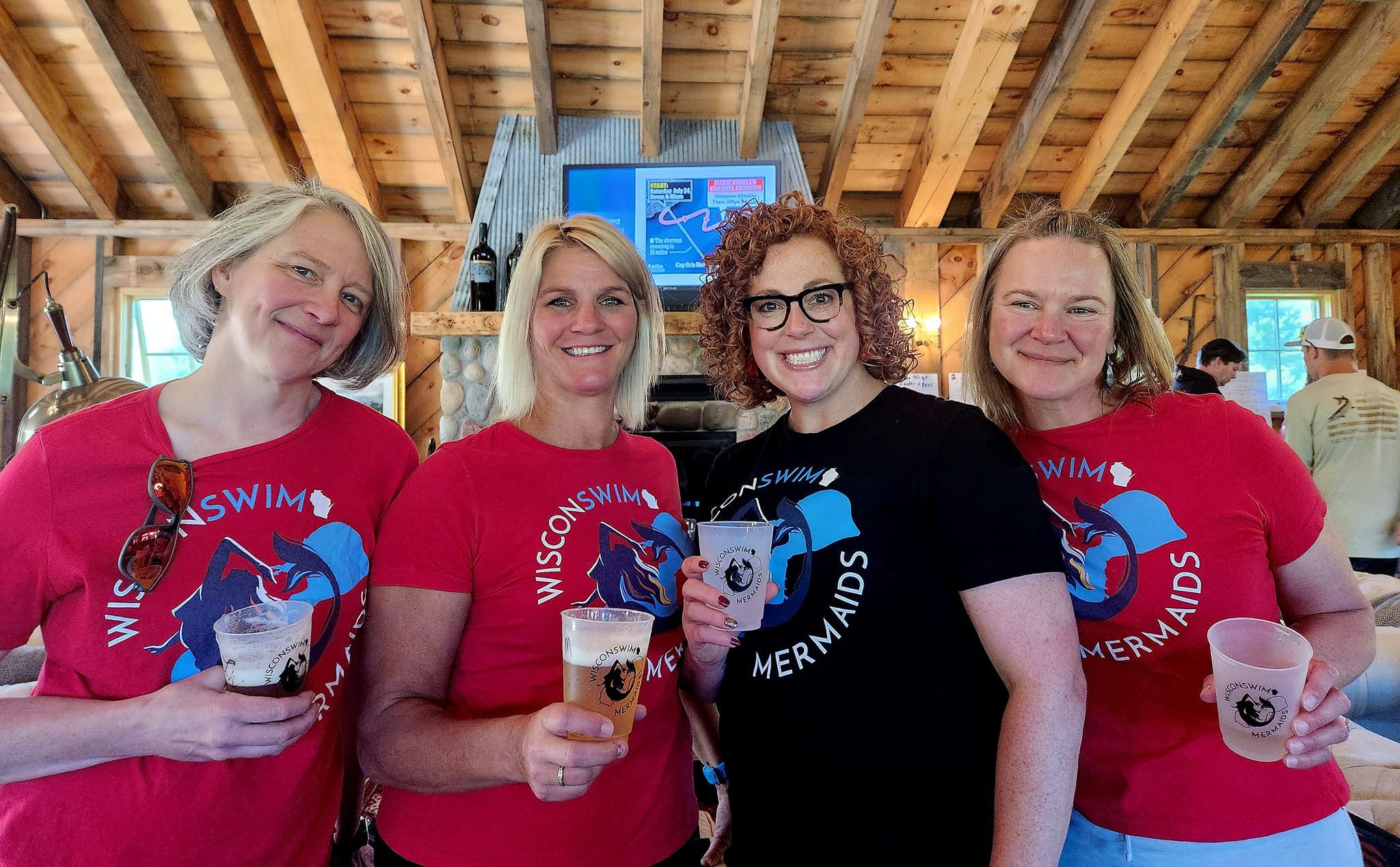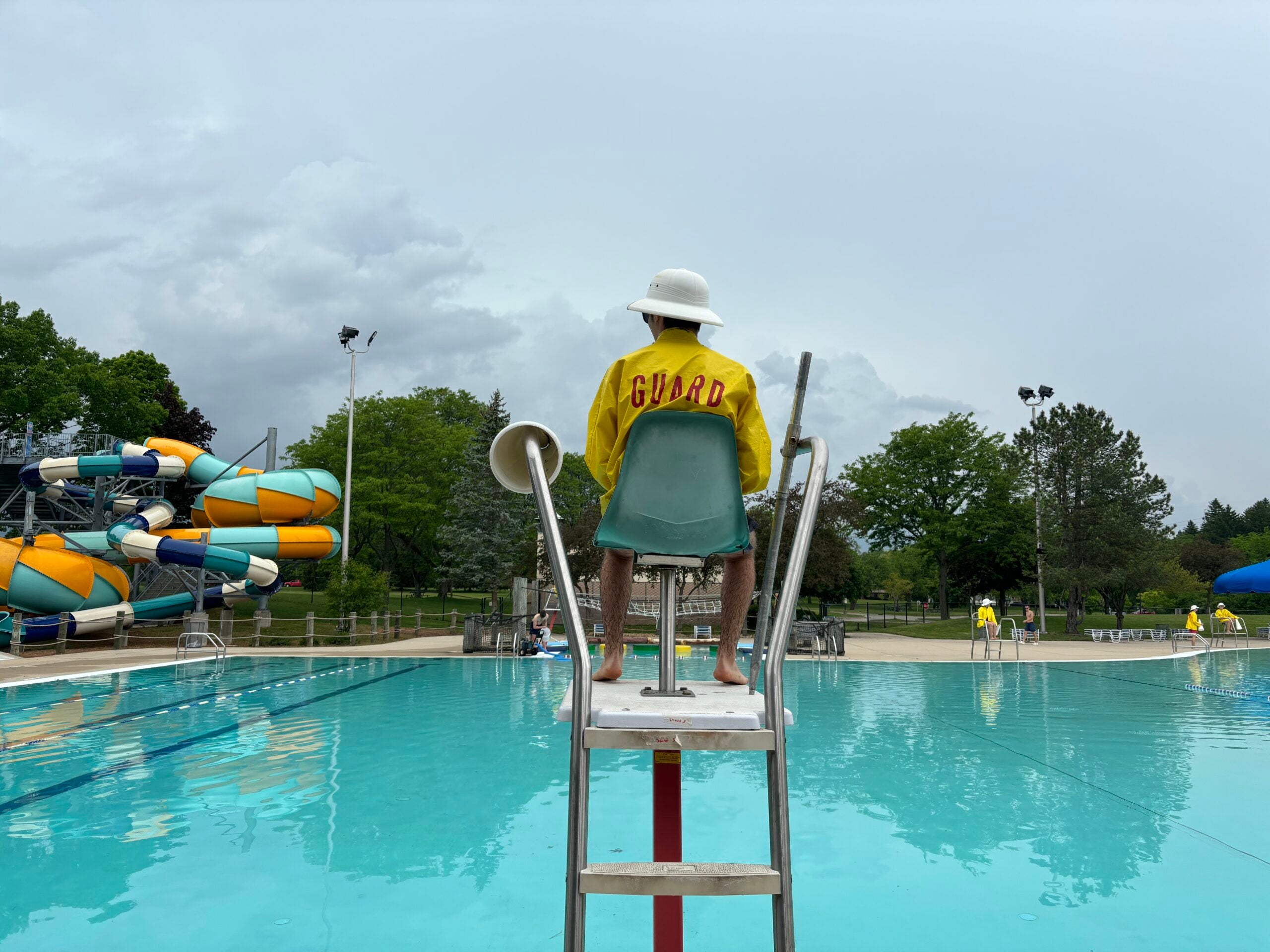Shortages of lifeguards that have kept pools closed in some Wisconsin communities over the last three years are easing, but some cities may still have to delay openings.
Officials in Milwaukee, Madison and Green Bay said hiring conditions are better this year. But they said they are still struggling to lure potential lifeguards, despite higher wages and free training. The shortage – also felt nationwide – is not new to Wisconsin but was compounded by the COVID-19 pandemic.
Milwaukee sees ‘increased interest’ in lifeguard positions, but still looking to hire
Stay informed on the latest news
Sign up for WPR’s email newsletter.
Andrea Wallace, assistant director of recreation and business services for the Milwaukee County Parks, said this has been a successful year for recruiting lifeguards, but staffing is not yet where it should be.
“We’re not getting as many lifeguards as we need to open all of our facilities, but there is an increased interest,” Wallace said.
She pointed out that many employees are young and busy with extracurricular activities or internships. In response, the county adjusted its model in 2022 to offer some flexibility, waiving a minimum hours requirement for employees, Wallace said.
And, she and other community leaders said, the certification process for lifeguards makes hiring tough.
Employers across the country are facing a tight labor market. In Wisconsin, the labor force participation rate – which measures people working or looking for work – was 64.6 percent in March, higher than the national rate of 62.6 percent, according to state data. The rate in Wisconsin has been trending downward since 1997.
But the pandemic may have worsened the lifeguard shortage. Pool closures in 2020 meant that many did not get any exposure to the water, let alone develop strong enough swimming skills to rescue someone, Wallace said.
“It’s not a new trend. We’ve seen a slow decline in the swim ability and the access to water,” Wallace said. “We went a whole year without pools at all in most communities.”
Wallace said pay has risen, starting at $16.80 for a first-year lifeguard with a raise each year they return, marking this the second year in a row officials bumped up the pay. Those who work Memorial Day through Labor Day, are a returning lifeguard and refer a friend are also eligible for up to a $1,000 bonus on top of the hourly wage paid out at the end of the season, a measure introduced last year.
Wallace said in-water training is free and those who pass get paid for their time to go through an emergency response training to become a certified lifeguard.
Indoor pools require at least three lifeguards per shift. But larger aquatic centers may need as many as 30-50 lifeguards on staff, depending on their amenities, Wallace said. A lifeguard shortage in 2022 caused Milwaukee County’s waterparks, Cool Waters and Pelican Cove, to close for the season, according to OnMilwaukee.
“We’re putting on the final touches of our opening plan, but really it is going to come down to the wire of if we can get the additional lifeguards that we need,” Wallace said. “We will have to make some service reductions because of lifeguard shortages.”
Wallace said it’s possible not every pool will open by Memorial Day weekend, but she anticipates the majority will be ready by mid-June. Beaches used to have lifeguards, but that, too, changed in recent years. Now, people swim at their own risk.
She said it’s important for people to familiarize themselves with water and learn how to swim, especially for people who live close to “a beautiful lake.”
“If you’re looking for a way to serve your community, this is definitely a way to get involved, to make a difference,” Wallace said.
Madison plans to open splash parks, beaches on Memorial weekend
Ann Shea, the public information officer for the city of Madison parks, said lifeguards are hired for the city’s Goodman pool and select beaches. The city maintains 13 beaches, the majority of which are not guarded.
She said the lifeguard positions have been increasingly difficult to fill since at least 2017. The city is still actively hiring and, like Milwaukee, offering free training to become certified. Shea said the city created an aquatics coordinator position in 2021 to train and certify staff, in addition to managing winter recreation staff.
The pay is $16 per hour, and about 30 lifeguards have been hired as of the second week in May, but ideally that would number at least 40-50, she said.
“We’re still short of our target number,” Shea said, “but ideally, we’d have even more than that, because then we’d be able to lifeguard beaches.”
Shea said having more lifeguards on staff would be ideal in case anyone is sick, but they are “comfortable with the numbers.”
In 2015, the city had lifeguards for some days of the week for five beaches, but that’s gradually scaled back, Shea said.
“When we look for ways to save money or shift money, that is one of the areas that gets affected,” she said. “It’s not necessarily the shortage of lifeguards, but it’s more of a difference in what the budget is and where that money lies.”
Green Bay falls short of lifeguard hires, but faring better this year
With three aquatic facilities, the city of Green Bay is still about 15 full-time lifeguards short, according to recreation manager Ann Moeller. And while retention has been strong, even if everyone returned, it would not suffice, she said.
“We’ve been so short the last two summers, at least, that I’m still just trying to kind of dig out of that hole, trying to get back to more of a normal operating level,” Moeller said.
She said safety is the priority. If minimum requirements are not met, officials will have to consider reducing hours, shutting the pools down a couple of days a week or closing different amenities. Moeller said the city raised wages this summer to about $16 in hopes of opening on June 10.
Like other cities, Green Bay is also taking care of certification for people interested in the job. And Moeller said wages are competitive. This year is also proving better than previous years, including filling non-certified positions.
“Hopefully, we’ll get to where we need to be,” Moeller said. “That might mean we have to open one pool a little bit later, because we’re still doing some lifeguard training, but we are closer than we have been the last few years.”
Wisconsin Public Radio, © Copyright 2025, Board of Regents of the University of Wisconsin System and Wisconsin Educational Communications Board.
